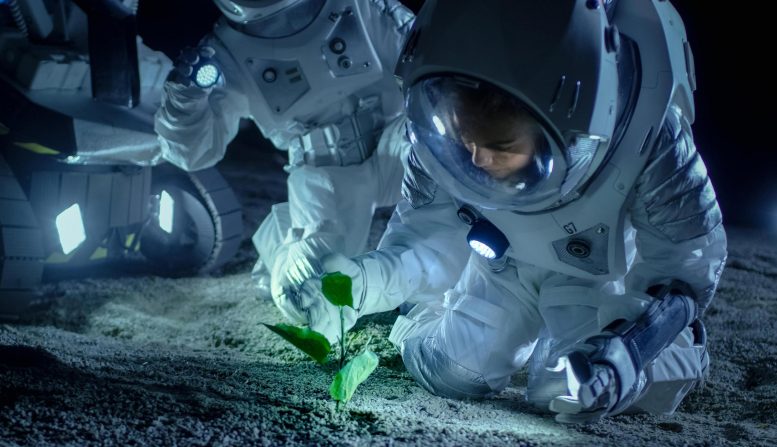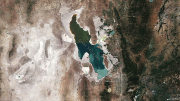
According to the findings, the presence of salt in the ocean may also significantly influence the habitability of Earth and other worlds.
New research suggests that salt might be critical to life on Earth and beyond.
The composition of the atmosphere, particularly the abundance of greenhouse gases, has an impact on the Earth’s climate. Purdue University researchers led by Stephanie Olson, assistant professor of earth, atmospheric, and planetary sciences, have discovered that the presence of salt in seawater can also have a significant impact on the habitability of Earth and other planets.
The researchers utilized a climate model to analyze the climates of planets with varying quantities of salt dissolved in seawater in order to predict that saltier oceans result in warmer climates, which may help a planet’s ability to sustain life.
Their findings were published in the journal Geophysical Research Letters.
This study concentrated on how the quantity of salt dissolved in seawater impacts global climate. The scientists discovered that saltier waters resulted in warmer climates. This salt might have been a key factor in early Earth’s habitability when the sun was less bright.
This discovery might have implications for the habitability of other planets, perhaps enabling life to survive farther from its host star than previously thought.
Reference: “The Effect of Ocean Salinity on Climate and Its Implications for Earth’s Habitability” by Stephanie Olson, Malte F. Jansen, Dorian S. Abbot, Itay Halevy and Colin Goldblatt, 24 May 2022, Geophysical Research Letters.
DOI: 10.1029/2021GL095748
The study was funded by NASA Habitable Worlds and NASA Interdisciplinary Consortia for Astrobiology Research.









Be the first to comment on "Salt Might Be the Key to Extraterrestrial Life"